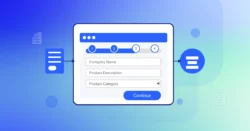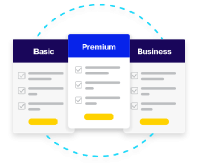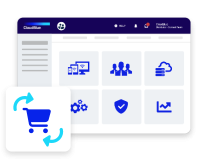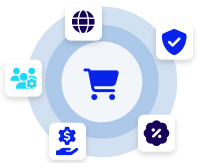Payments as a Service (PaaS) is a cloud-based solution that enables businesses to process digital payments without building their own infrastructure.
This model allows companies to use a third-party platform to manage payment transactions securely and efficiently. By integrating payment processing into their software, businesses can offer seamless payment options to customers while focusing on core operations.
The PaaS model is popular among companies of all sizes due to its flexibility and scalability. Instead of handling complex payment gateways and compliance requirements themselves, businesses can rely on established providers that offer secure, ready-made payment solutions. This setup reduces operational complexity and accelerates time-to-market.
How Payments as a Service Works
At its core, Payments as a Service operates through a cloud-based platform that connects businesses with payment providers. When a customer makes a purchase, the PaaS platform processes the transaction by routing payment details through the necessary channels. It handles authorization, fraud detection, and settlement, ensuring a smooth payment experience.
Many platforms support various payment methods, including credit cards, digital wallets, and bank transfers. They also provide real-time transaction monitoring, reporting, and analytics features. Businesses only need to integrate the platform into their existing software to start processing payments, saving time and reducing technical overhead.
Benefits of Payments as a Service
The PaaS model offers several advantages that make it attractive to businesses operating in today’s competitive market. First, it simplifies payment processing by providing an all-in-one platform, reducing the need for multiple vendor relationships. This streamlined approach improves operational efficiency.
Second, security is a major benefit. PaaS providers implement advanced security measures such as encryption, tokenization, and compliance with industry standards like PCI DSS. This protects both businesses and customers from payment fraud.
Finally, PaaS supports business growth by offering scalable solutions. As companies expand into new markets or add additional services, the platform can adjust to accommodate increased transaction volumes without requiring significant infrastructure investment.













